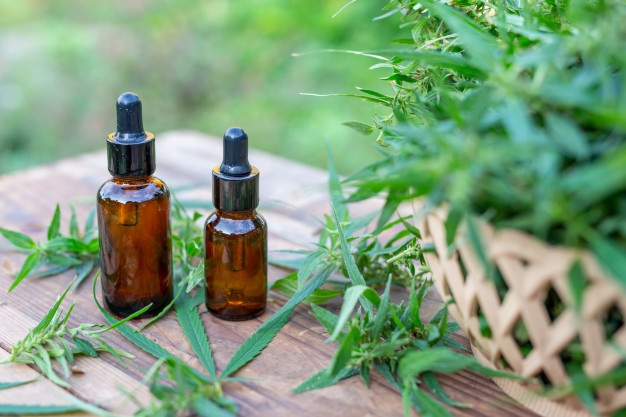Health Benefits of CBD May Reduce Anxiety and Improve Your Health
Cannabidiol, or CBD as it is often called, is a plant-based phytochemical found in Michigan. It’s one of the few cannabinoids present in cannabis plants, and is responsible for more than 40% of the plant’s medicinal extract. Cannabidiol has been shown to have potential in treating a wide range of ailments including nausea and chemotherapy-induced nausea, seizures, depression, arthritis, glaucoma, menopause, seizures, neurodegenerative disorders and multiple sclerosis. Recent research suggests that cannabidiol may also be effective in treating symptoms of Parkinson’s disease, another degenerative disorder of the nervous system. If true, this would open up new treatment options for patients suffering from this condition.
The plant CBD is produced by the cannabis plant in the same way as THC does in marijuana. The difference is that CBD doesn’t become active through the same chemical process. Instead, it is metabolized into a lesser amount of dopamine in the brain, which results in lessening the high experienced with smoking pot. While CBD doesn’t cause physical addiction like smoking does, some who smoke marijuana (or ingest large amounts of CBD topically) report feeling an elevated feeling of well-being after smoking. Some users also claim that the lack of addiction makes CBD much more benign than other pharmaceuticals used to treat ADHD, including Adderall, Concerta and Strattera.
Despite the fact that CBD doesn’t produce physical dependence, some argue that it does encourage the development of drug dependency. The use of cannabis is most often associated with periods of euphoria, and the feeling that comes with being “high.” However, CBD can produce feelings of mild euphoria as well. When CBD is combined with THC – the substance that produces the euphoric high – it can lead to addiction because people want their “high” even when they aren’t. This effect is believed to be a function of CBD’s ability to mimic the effects of THC, making people feel “high” while their systems are still relatively clean.
As with many prescription medications, there can be serious side effects associated with CBD use. Although most CBD products are derived from plants (and not people), there are some cbd products that are synthetic and not derived from plants. These can result in serious, negative side effects. A common side effect of CBD is loss of appetite, which is often characterized by excessive weight loss. Because most people don’t feel hungry while on CBD, this can result in compulsive eating.
Other common health benefits associated with CBD consumption are sleep improvement and an increase in the feeling of well-being. Some claim that CBD has the unique ability to induce a state of calmness and relaxation. When side effects lead some people to lose sleep because they are so fearful of having a seizure, CBD is said to be a natural sleep aide. In some studies, CBD has been shown to improve daytime drowsiness and performance. The Canadian government recently approved two pharmaceuticals, including one manufactured by CBD Company to manufacture these types of products.
As noted, most CBD consumers are unaware of the health benefits and the potential side effects of CBD. Even those who are aware of the possible risks have limited exposure to them due to the lack of availability of CBD products in most stores. Many consumers choose to self-medicate by consuming CBD products rather than seek help from a medical professional. Unfortunately, the lack of medical testing or knowledge of the safety and health benefits of CBD may result in unknowingly exposing people to harmful side effects. For this reason, you should discuss any concerns you have about the possible side effects of CBD with your doctor or pharmacist before you begin using it.


